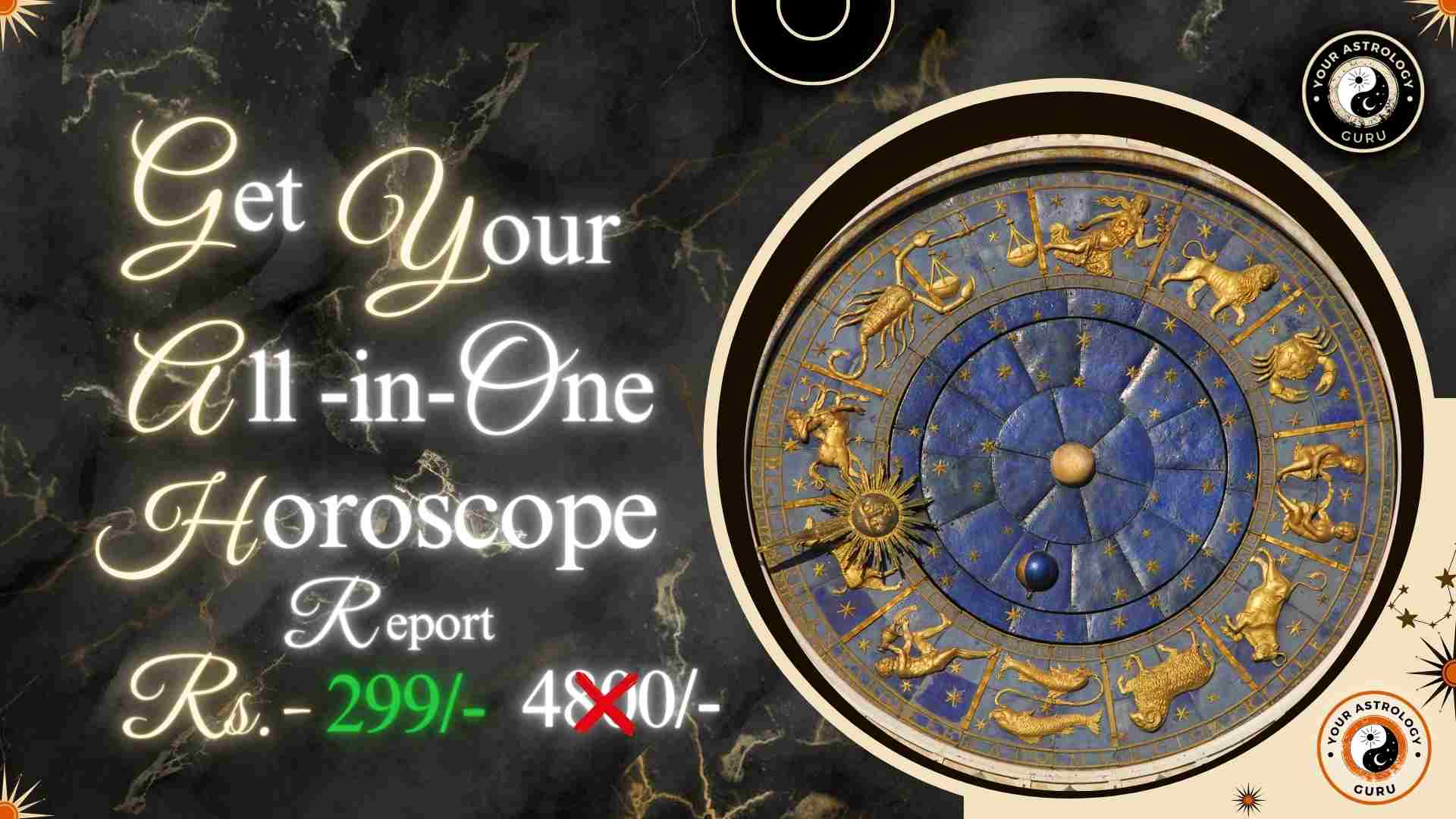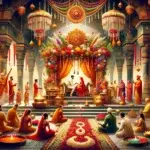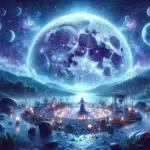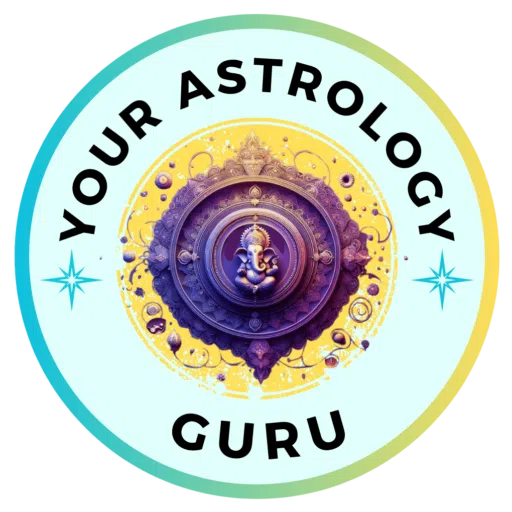Horoscopes have become increasingly popular in modern culture, with millions of people turning to them for guidance and insight. Whether it’s checking their daily horoscope in the newspaper or following astrologers on social media, many individuals find comfort and meaning in the predictions and advice offered by horoscopes.
One reason for the popularity of horoscopes is the desire for guidance and direction in life. In a world that can often feel chaotic and uncertain, people are drawn to the idea that there is a greater cosmic plan at work. Horoscopes offer a sense of reassurance and provide a framework for understanding one’s place in the universe.
Additionally, horoscopes provide a form of entertainment and escapism. Reading about what the stars have in store for you can be a fun and lighthearted way to start your day. It allows you to imagine different possibilities and explore new perspectives.
Table of Contents
What Are Horoscopes and How Are They Created?
Horoscopes are astrological predictions based on the alignment of celestial bodies at the time of a person’s birth. They are typically divided into twelve zodiac signs, each representing different personality traits and characteristics.
To create a horoscope, astrologers use an individual’s birth date, time, and location to generate an astrological chart. This chart maps out the positions of the planets at the moment of birth and provides insights into various aspects of a person’s life, such as their personality, relationships, career, and health.
Astrologers then interpret this information to create personalized horoscopes. They analyze the planetary alignments and their interactions with different zodiac signs to make predictions about future events or offer advice on how to navigate certain situations.
The Role of Astrology in Horoscopes
Astrology is the study of how celestial bodies, such as planets and stars, influence human behavior and events on Earth. It is the foundation upon which horoscopes are built.
Astrologers believe that the positions and movements of the planets at the time of a person’s birth can have a profound impact on their life. Each planet is associated with specific qualities and energies, and their interactions with different zodiac signs can shape an individual’s personality and experiences.
For example, someone born under the sign of Aries, which is ruled by the planet Mars, may exhibit traits such as assertiveness, courage, and a strong desire for independence. On the other hand, someone born under the sign of Cancer, ruled by the Moon, may be nurturing, sensitive, and deeply connected to their emotions.
Astrology provides a framework for understanding these influences and how they manifest in different areas of life. By studying the positions of the planets and their relationships to each other, astrologers can make predictions and offer insights into an individual’s past, present, and future.
The Debate Over Accuracy: Skeptics vs. Believers
The accuracy of horoscopes has long been a subject of debate. Skeptics argue that horoscopes are nothing more than vague generalizations that could apply to anyone. They believe that people who find meaning in horoscopes are simply experiencing confirmation bias, where they interpret information in a way that confirms their preexisting beliefs.
On the other hand, believers argue that there is a deeper truth to horoscopes that goes beyond mere coincidence. They point to personal experiences and anecdotes as evidence of the accuracy of horoscopes. They believe that astrology offers valuable insights into human nature and can help individuals better understand themselves and their relationships.
The debate over the accuracy of horoscopes often boils down to differing beliefs about the nature of astrology itself. Skeptics view astrology as a pseudoscience with no basis in empirical evidence, while believers see it as a legitimate tool for self-discovery and personal growth.
Studies on the Accuracy of Horoscopes
Several scientific studies have been conducted to determine the accuracy of horoscopes. These studies have generally found little to no evidence supporting the claims made by astrologers.
One study published in the journal Nature in 1985 examined the birth charts of over 2,000 individuals and compared them to their personality traits. The researchers found no significant correlations between astrological signs and personality characteristics, concluding that astrology has no scientific validity.
Another study published in the Journal of Consciousness Studies in 2003 analyzed the predictions made by professional astrologers and compared them to random chance. The researchers found that the astrologers’ predictions were no more accurate than what would be expected by chance alone.
While these studies provide strong evidence against the accuracy of horoscopes, it’s important to note that they do not disprove astrology as a whole. Astrologers argue that these studies fail to capture the complexity and nuance of astrology and its ability to provide meaningful insights into human behavior.
Factors That Affect Horoscope Accuracy
There are several factors that can affect the accuracy of horoscopes. One key factor is the skill and expertise of the astrologer. Like any profession, there are varying levels of proficiency among astrologers, and their interpretations can vary widely.
The individual’s birth chart is another important factor. A birth chart is a snapshot of the positions of the planets at the time of a person’s birth and provides a detailed map of their personality traits, strengths, weaknesses, and life experiences. The accuracy of a horoscope depends on how well an astrologer can interpret this information and apply it to an individual’s life.
Additionally, external factors such as current planetary alignments and transits can influence the accuracy of horoscopes. Astrologers take into account these ongoing celestial events to make predictions and offer guidance. However, the interpretation of these events can vary, leading to different outcomes and predictions.
The Importance of Individual Interpretation
Individual interpretation plays a significant role in the accuracy of horoscopes. While astrologers may use the same astrological principles and techniques, their interpretations can differ based on their personal beliefs, experiences, and intuition.
This subjectivity can lead to different outcomes and predictions for the same birth chart. One astrologer may focus on certain aspects of the chart while another may emphasize different elements. This variation in interpretation can result in conflicting advice and predictions.
It’s important for individuals to remember that horoscopes are not set in stone and should be taken as a guide rather than an absolute truth. Personal judgment and discernment are crucial when interpreting horoscopes and applying them to one’s life.
The Danger of Over-Reliance on Horoscopes
While horoscopes can provide valuable insights and guidance, over-reliance on them can be problematic. Relying too heavily on horoscopes for decision-making can lead to a lack of personal responsibility and agency.
Horoscopes are meant to be a tool for self-reflection and personal growth, not a substitute for critical thinking and decision-making. It’s important for individuals to take ownership of their choices and actions rather than relying solely on external predictions or advice.
Over-reliance on horoscopes can also lead to a sense of fatalism, where individuals believe that their lives are predetermined by the stars. This mindset can limit personal growth and hinder individuals from taking risks or pursuing their goals.
The Ethical Implications of Horoscope Readings
There are ethical considerations involved in providing horoscope readings. Astrologers have a responsibility to be honest and transparent about the limitations of astrology and the accuracy of their predictions.
Misleading or inaccurate readings can have a detrimental impact on individuals, leading to false hope, anxiety, or a sense of powerlessness. It’s important for astrologers to approach their work with integrity and to provide readings that are grounded in reality and practicality.
Astrologers should also be mindful of the potential harm that can be caused by making sweeping generalizations or perpetuating stereotypes based on astrological signs. Each individual is unique, and astrology should be used as a tool for understanding and acceptance rather than judgment or discrimination.
Alternative Ways to Use Horoscopes for Personal Growth
While the accuracy of horoscopes may be debated, there are alternative ways to use them for personal growth and self-reflection. Instead of relying solely on predictions or advice, individuals can use horoscopes as a starting point for introspection and self-awareness.
Horoscopes can serve as a mirror, reflecting back aspects of ourselves that we may not be fully aware of. They can highlight our strengths, weaknesses, and areas for growth. By reflecting on the insights provided by horoscopes, individuals can gain a deeper understanding of themselves and make conscious choices that align with their values and aspirations.
Additionally, horoscopes can be used as a tool for exploring different perspectives and expanding our worldview. They can introduce us to new ideas and ways of thinking, challenging our assumptions and broadening our horizons.
Finding Balance Between Skepticism and Belief
In conclusion, horoscopes have gained popularity in modern culture due to their ability to provide guidance, entertainment, and a sense of meaning in an uncertain world. While the accuracy of horoscopes is debated, they can still serve as a valuable tool for self-reflection and personal growth when approached with skepticism and discernment.
It’s important for individuals to find a balance between skepticism and belief when it comes to horoscopes and astrology. While it’s healthy to question and critically evaluate the claims made by astrologers, it’s also important to remain open to the possibility that there may be deeper truths and insights to be gained from astrology.
Ultimately, the value of horoscopes lies in their ability to spark self-reflection and encourage individuals to take an active role in shaping their lives. By using horoscopes as a starting point for introspection and personal growth, individuals can gain a deeper understanding of themselves and make conscious choices that align with their values and aspirations.













